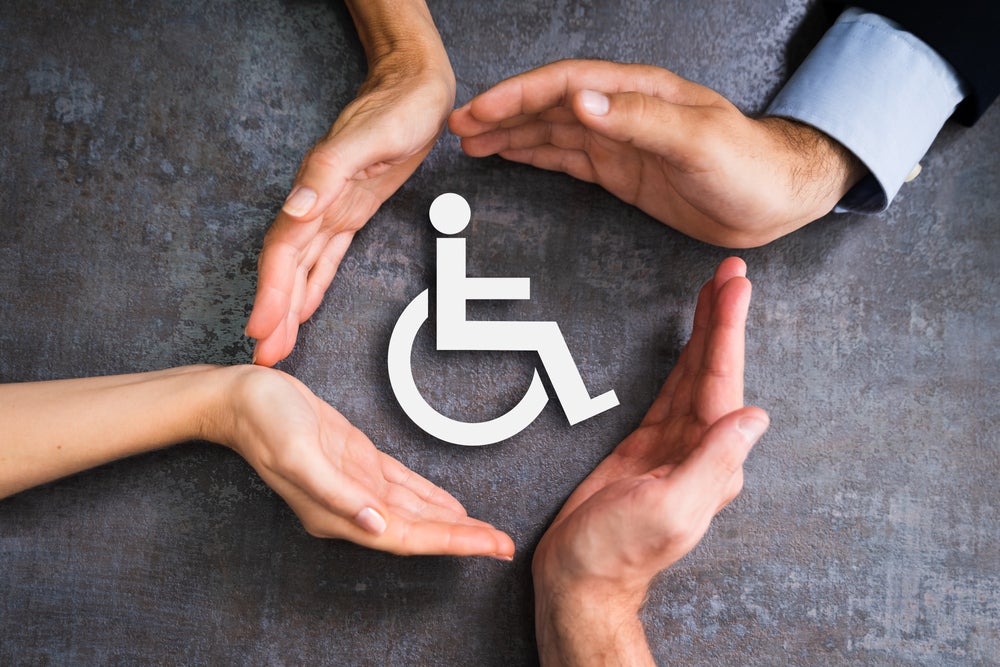
Almost one in three (29%) young disabled people have contacted debt advice charities over money worries. This is three times the average across the UK (10%).
One in four (24%) of 18–24-year-olds are relying on credit and loans to pay their bills. But this almost doubles to 40% of disabled people of the same age.

Access deeper industry intelligence
Experience unmatched clarity with a single platform that combines unique data, AI, and human expertise.
The extent to which the cost-of-living crisis is impacting disabled people is disclosed by research from responsible lender Creditspring.
2 million disabled people seek help from UK debt charities
Almost two million disabled people across the UK have contacted debt advice charities for support over the last 12 months.
Creditspring reports that one in three (29%) disabled people think their bank could do more to support them to make better financial decisions. Younger people, in particular, are vocal about the need for additional support. Seven in ten (69%) of 18–24-year-olds are calling for more support from banks for disabled customers.
The research suggests that many disabled people expect their financial situation to worsen. Almost four in ten (38%) admit they are terrified for their financial future, much higher than the UK average of 30%. And again, it is younger people that are being hit the hardest. Almost two thirds (63%) of young disabled people admitting they are terrified about their financial future. Some 59% say they feel ‘stuck’ with no way out.

US Tariffs are shifting - will you react or anticipate?
Don’t let policy changes catch you off guard. Stay proactive with real-time data and expert analysis.
By GlobalDataCredit will be a lifeline for disabled people to help manage their finances. Almost two in five (17%) disabled people say they will be reliant on credit to get by over the next six months. Creditspring argues that responsible lenders need to ensure that their disabled customers are fully supported and aren’t forced to turn to high-cost or illegal lenders. Around one in five (21%) disabled people who borrowed from a high-cost lender struggled to repay the money. A similar number (20%) missed a repayment.
The research reveals that 15% of disabled people turned to high-cost loans as they were rejected from mainstream lenders. One in five (18%) admit the fees were higher than expected.
Cost-of-living crisis continues to impact the most vulnerable disproportionately
Neil Kadagathur, Co-Founder and CEO of Creditspring, said: “The cost of living continues to disproportionately impact the most vulnerable members of our society. These stark figures demonstrate not only how disabled people, especially younger people, are struggling to stay financially afloat. As we approach another winter of high energy costs, many disabled people are hugely concerned about how they will juggle their finances. The worry is that they’ll be forced to turn to high-cost or illegal lenders to make ends meet but end up piling up debt.
“Debt advice charities play a vital role for those struggling with their finances. But they shouldn’t be left to support vulnerable people by themselves. Banks and other financial providers have a unique opportunity to provide support to customers.
“Our research highlights a clear need for change in the lending industry. New regulated products that are more inclusive, and easier to understand and use will make a big impact on the lives of people from all backgrounds. This will enable them to be more financially stable, retake control over their finances and ultimately their future.”







